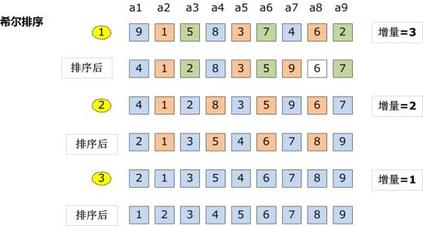Ranking, recommendation, and retrieval systems are widely used in online platforms and other societal systems, including e-commerce, media-streaming, admissions, gig platforms, and hiring. In the recent past, a large "fair ranking" research literature has been developed around making these systems fair to the individuals, providers, or content that are being ranked. Most of this literature defines fairness for a single instance of retrieval, or as a simple additive notion for multiple instances of retrievals over time. This work provides a critical overview of this literature, detailing the often context-specific concerns that such an approach misses: the gap between high ranking placements and true provider utility, spillovers and compounding effects over time, induced strategic incentives, and the effect of statistical uncertainty. We then provide a path forward for a more holistic and impact-oriented fair ranking research agenda, including methodological lessons from other fields and the role of the broader stakeholder community in overcoming data bottlenecks and designing effective regulatory environments.
翻译:排名、建议和检索系统在网上平台和其他社会系统中广泛使用,包括电子商务、媒体流、招生、工作平台和雇用。最近,围绕使这些系统对个人、提供者或正在排位的内容公平化,编制了大量的“公平排名”研究文献。这些文献大多界定了单一检索实例的公平性,或作为一个简单的添加概念,用于长期的多个检索实例。这项工作对文献进行了批判性概述,详细说明了这种方式所忽略的往往因具体情况而异的关切:高等级职位安排与真正供应商效用之间的差距、溢出和随时间变化的复合效应、诱发的战略激励以及统计不确定性的影响。然后,我们为更全面和面向影响的公平排序研究议程提供了前进的道路,包括其他领域的方法教训以及更广泛的利益攸关方在克服数据瓶颈和设计有效监管环境方面的作用。




